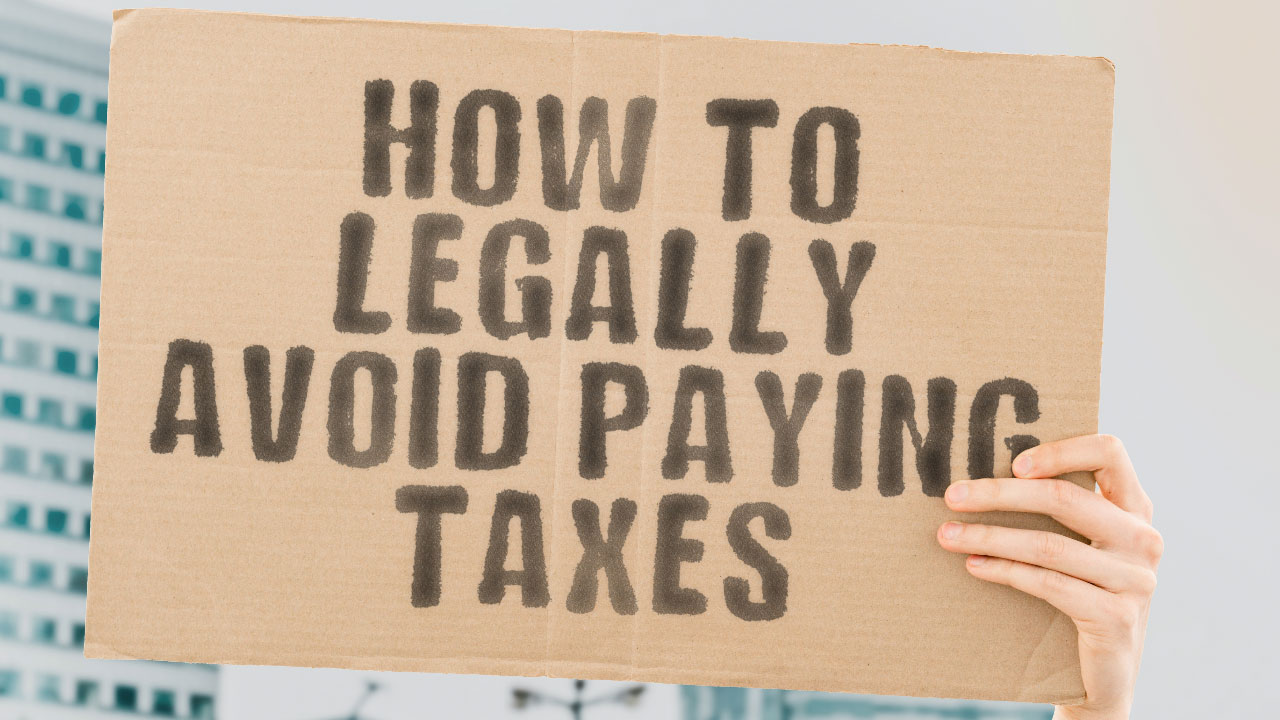Capital gains taxes can eat up a hefty portion of the profit from the sale of your small business. Luckily, one underappreciated section of the tax code could help you avoid paying those taxes — the Qualified Small Business Stock (QSBS) exclusion.
If your company issues qualified stock, you could receive a 100 percent exclusion of capital gains taxes when you sell all or part of your company, up to the greater of $10 million or ten-times cost basis. The QSBS exclusion will also allow you to avoid the 3.8 percent net investment income tax. You may also receive an additional exemption on state taxes if your state accommodates the QSBS allowance. (Massachusetts partially conforms with QSBS.)
The QSBS regulation can be found in Internal Revenue Code Section 1022. It was signed into law to spur investment by ensuring founders are appropriately rewarded for taking risks and contributing to society. It’s not meant to be a loophole for investors trading in the stock market. To receive this benefit, an owner must accept the stock directly from the company; one cannot buy it from another individual on the New York Stock Exchange.
How you can leverage the Qualified Small Business Stock exclusion to owe less tax
QSBS Benefits for Cash-Poor Business Owners
When a business issues QSBS stock, owners with voting powers could hand it out instead of cash as an employee retention or engagement plan. A QSBS strategy could also benefit a start-up organization that lacks the cash flow to pay high salaries but wants to attract highly valued C-suite management. Employees can participate in the tax exclusion benefits if they receive the stock directly from the company in exchange for services.
Family Estate Planning with QSBS
Qualified Small Business Stock can help you shield your children from taxes. As the business owner, you can bequeath qualifying shares into a non-grantor trust to the benefit of your heirs. Each trust has its own $10 million exclusion. Suppose you have $40 million in gains and three children. You can take your $10 million exclusion when you’re alive. After you pass, your assets can transfer to each of the three trusts — one for each of the children. And through the trusts, each of your children receives a $10 million capital gains exclusion, protection from the 3.8 percent net investment income tax, and possibly a break on some state taxes.
The Catch and the Loopholes
The tax avoidance benefit applies to domestic C-corporations with $50 million of non-depreciated assets or less on the balance sheet (A C corporation is a legal structure for a corporation in which the owners, or shareholders, are taxed separately from the entity, according to Investopedia). If your business checks the boxes to be a qualified small business but isn’t already a C-corporation, you can file such paperwork to switch over to that status to take advantage of the tax savings. To receive the QSBS benefit, an owner must complete a five-year holding period. But there’s a loophole for that. Suppose someone offers to buy your business at a sizable price that’s just too much to refuse. In that case, you can use IRS Section 1045 to roll over a gain from qualified small business stock to another qualified small business stock. You’d only have to hold that replacement stock for another six months to receive a tax exclusion.
A QSBS shareholder’s capital gains exemption is limited to an annual amount of 10 times the original investment. This means that if you have a substantial gain relative to a low basis, you must spread out the sales to maximize the benefits of these tax-free rewards.
Beyond QSBS
What if you’re not looking to sell yet? Or if you still need to become a C-Corp? If you are a Specified Service Trade or Business (SSTB), you could receive a 20 percent tax deduction through a tax avoidance strategy known as the Qualified Business Income Deduction (QBID), which is part of IRC Section 199A. QBID is a below-the-line deduction that reduces taxes owed. (SSTB is a business designation recognized by the IRS. It includes, but is not limited to, health, law, consulting, athletics, and financial services.)
The QBID is not related to the QSBS. I bring it up to remind you that you can begin your tax reduction planning before you sell your business. If you look hard enough and work with a tax planner, there are plenty of ways to avoid taxes now and at a sale.
This article first appeared in the Berkshire Eagle on September 1, 2023.
